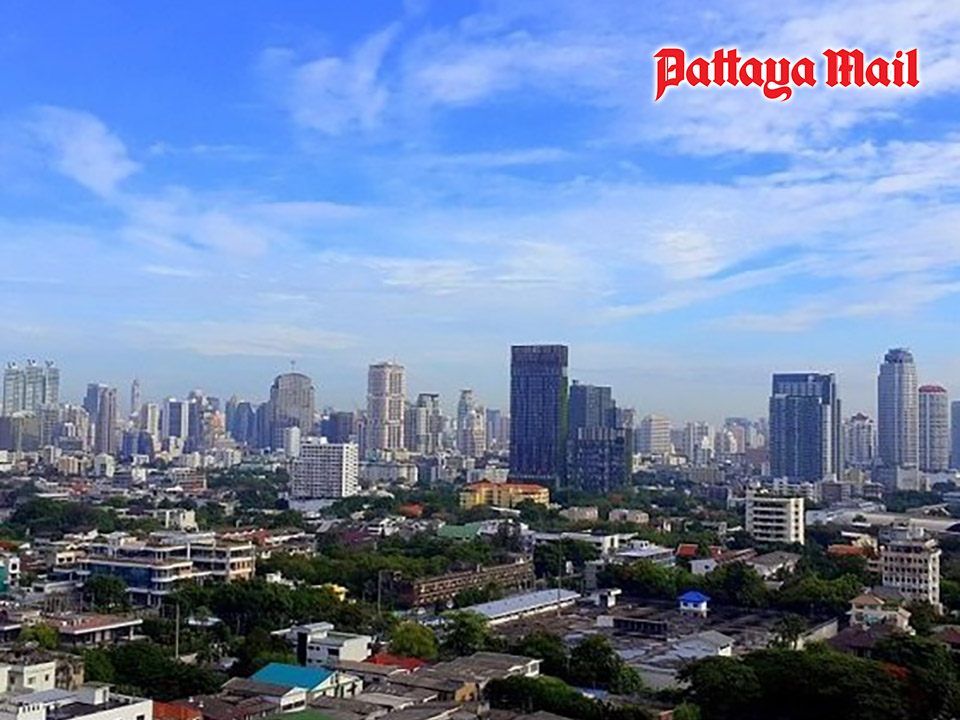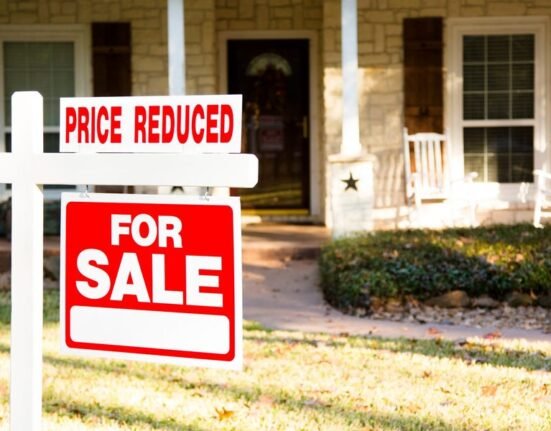
PATTAYA, Thailand – Renting out condo units on a short-term basis can be a lucrative business opportunity, especially in tourist-heavy areas like Pattaya and Bangkok. However, recent crackdowns and regulations are drawing attention to the legal risks associated with renting out condo rooms without the proper hotel license. Authorities have stepped up their enforcement efforts against unauthorized daily condominium rentals, particularly in popular areas like Sukhumvit-Asoke.
In a recent operation led by the Department of Provincial Administration under Deputy Prime Minister Anutin Charnvirakul, four properties in the Sukhumvit-Asoke area were targeted for illegal daily rentals. The crackdown follows multiple complaints from residents, with individuals renting out condo units facing penalties under the 2004 Hotel Act. Those found violating the law could face a fine of up to 20,000 baht, with additional daily fines of up to 10,000 baht for continued offenses. Penalties also include possible imprisonment for up to one year.
Pros of Renting Condo Rooms Without a Hotel License
Higher Income Potential: Renting out a condo unit on a short-term basis, especially to tourists, can often generate higher rental rates than traditional long-term leases. Owners can capitalize on the demand for short stays, particularly during peak tourist seasons.
Flexibility: Owners have the flexibility to rent out their units as they wish, with the potential for varying rental rates depending on the time of year or demand. This makes short-term rentals a potentially more dynamic source of income than long-term leases.
Less Commitment: Compared to long-term leases, short-term rentals allow owners to use the property themselves when not rented out, offering more personal flexibility and control over the unit.
Cons of Renting Condo Rooms Without a Hotel License
Legal Risks: Renting out a condo unit without a hotel license is a violation of the 2004 Hotel Act in Thailand. Those caught engaging in illegal short-term rentals face penalties, including fines and imprisonment. The latest crackdown, which resulted in legal proceedings against several violators, highlights the increasing enforcement of these laws.
Security and Safety Concerns: Unlicensed rentals bypass regulations that licensed hotels must adhere to, such as guest verification and fire safety standards. This lack of oversight can increase security risks for both guests and permanent residents, especially when unauthorized guests are coming and going frequently.
Disturbances and Complaints: Unauthorized rentals often lead to disturbances in residential buildings. Residents who live in the property full-time may face noise issues, increased traffic, and general disruptions caused by transient guests. This has raised concerns from many property owners and residents about the negative impact on their living environment.
Unfair Competition: Renting without a license can create an unfair competitive advantage over legitimate hotels that must comply with regulations such as tax payments, safety standards, and other operational requirements. This undermines the efforts of licensed hotels to maintain high service levels and follow the law.
Damage to Reputation: With the increasing attention given to illegal short-term rentals, properties and individuals involved in unlicensed operations may face reputational damage. Negative publicity surrounding legal actions could affect future rental prospects and decrease the property’s value.
While renting condo units without a hotel license may appear to be an easy way to make extra income, the legal risks and potential negative consequences should not be overlooked. The Thai government has intensified efforts to crack down on unauthorized rentals in response to complaints about security issues and disturbances caused by transient tenants. The penalties for violating the Hotel Act are steep, and the increasing scrutiny on short-term rentals will likely continue as authorities seek to protect public safety and maintain order.
For property owners, it’s essential to weigh the potential rewards of short-term rentals against the legal risks and ethical considerations. Those seeking to operate legally should consider obtaining the necessary licenses and complying with relevant regulations, ensuring the safety and comfort of their guests while avoiding legal consequences.













